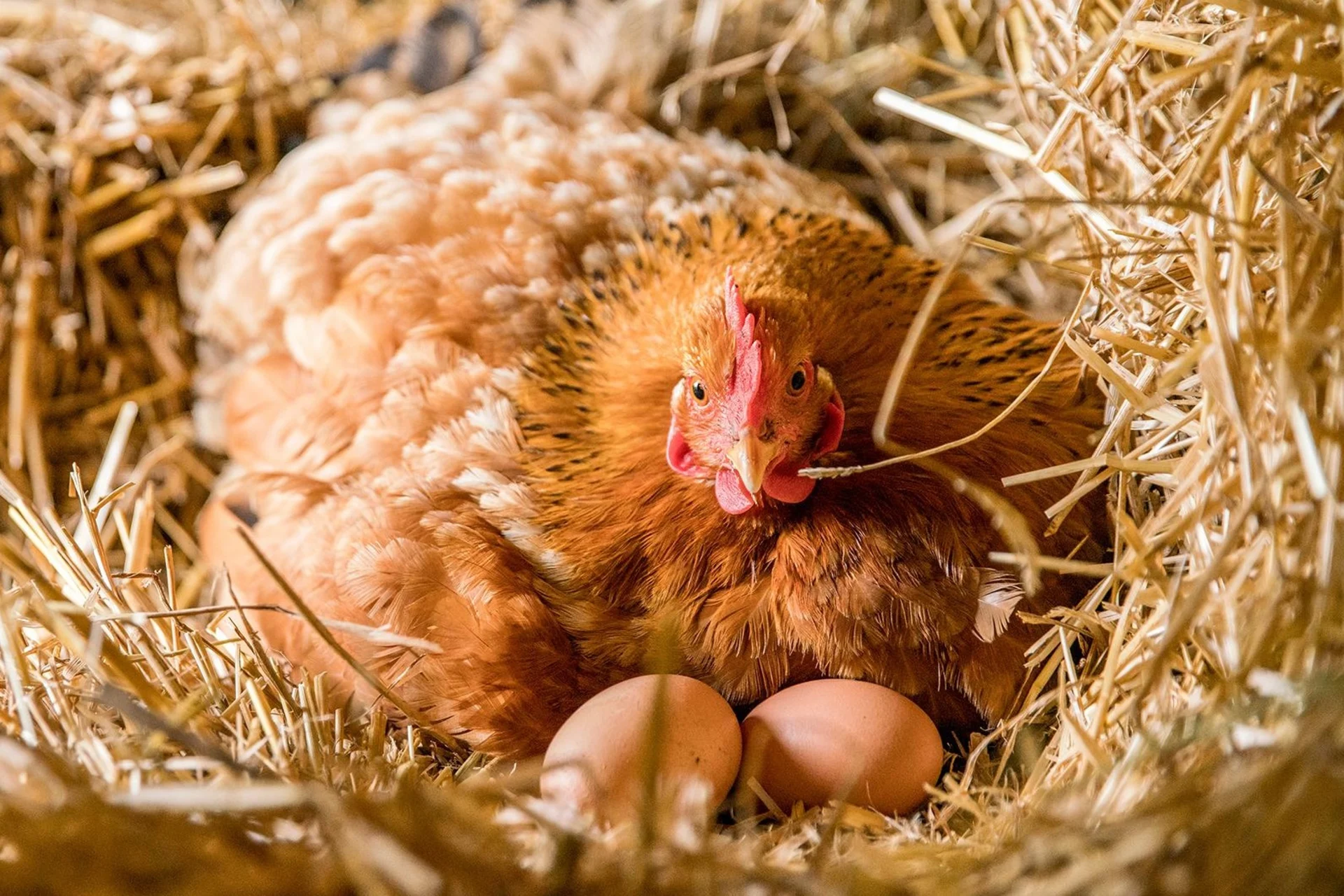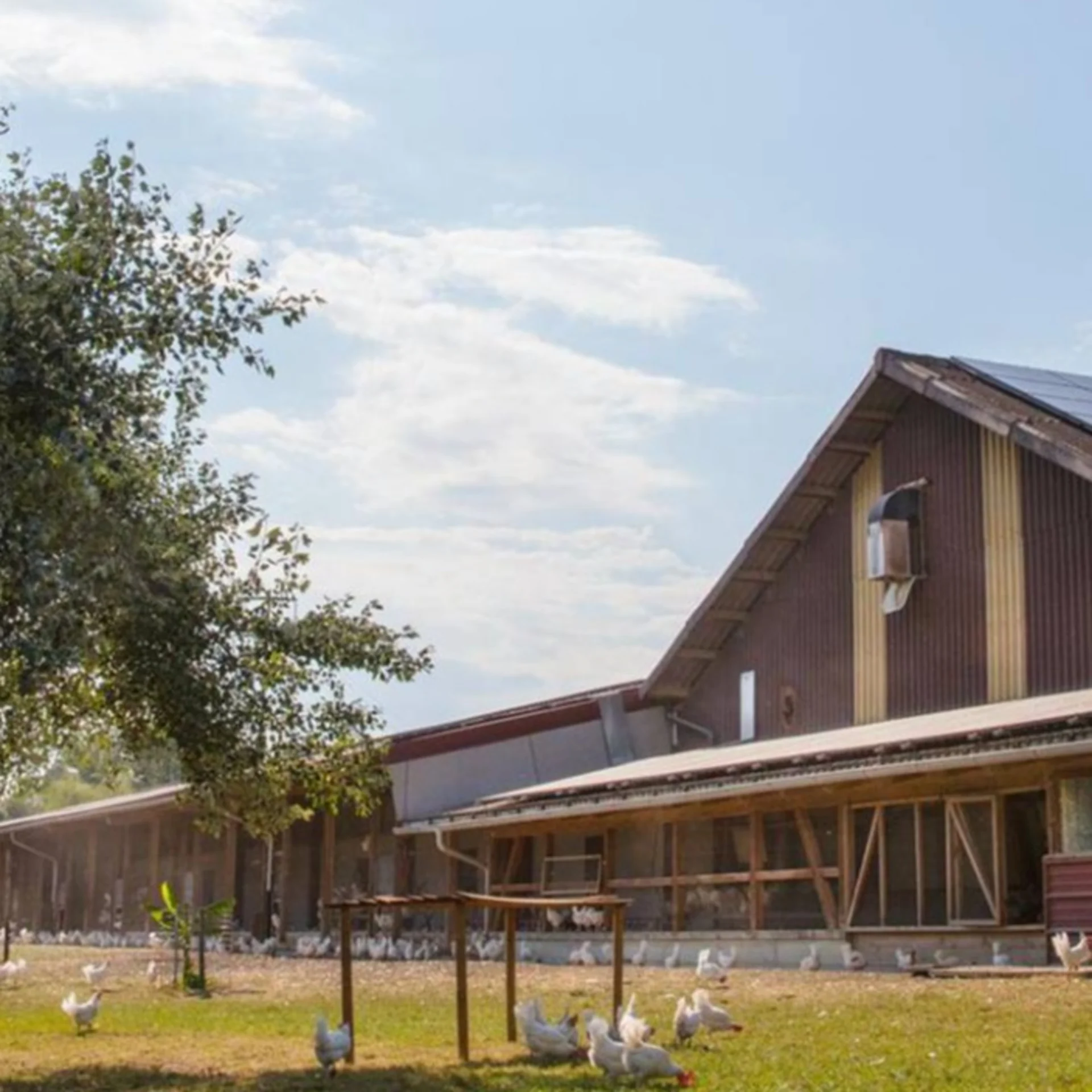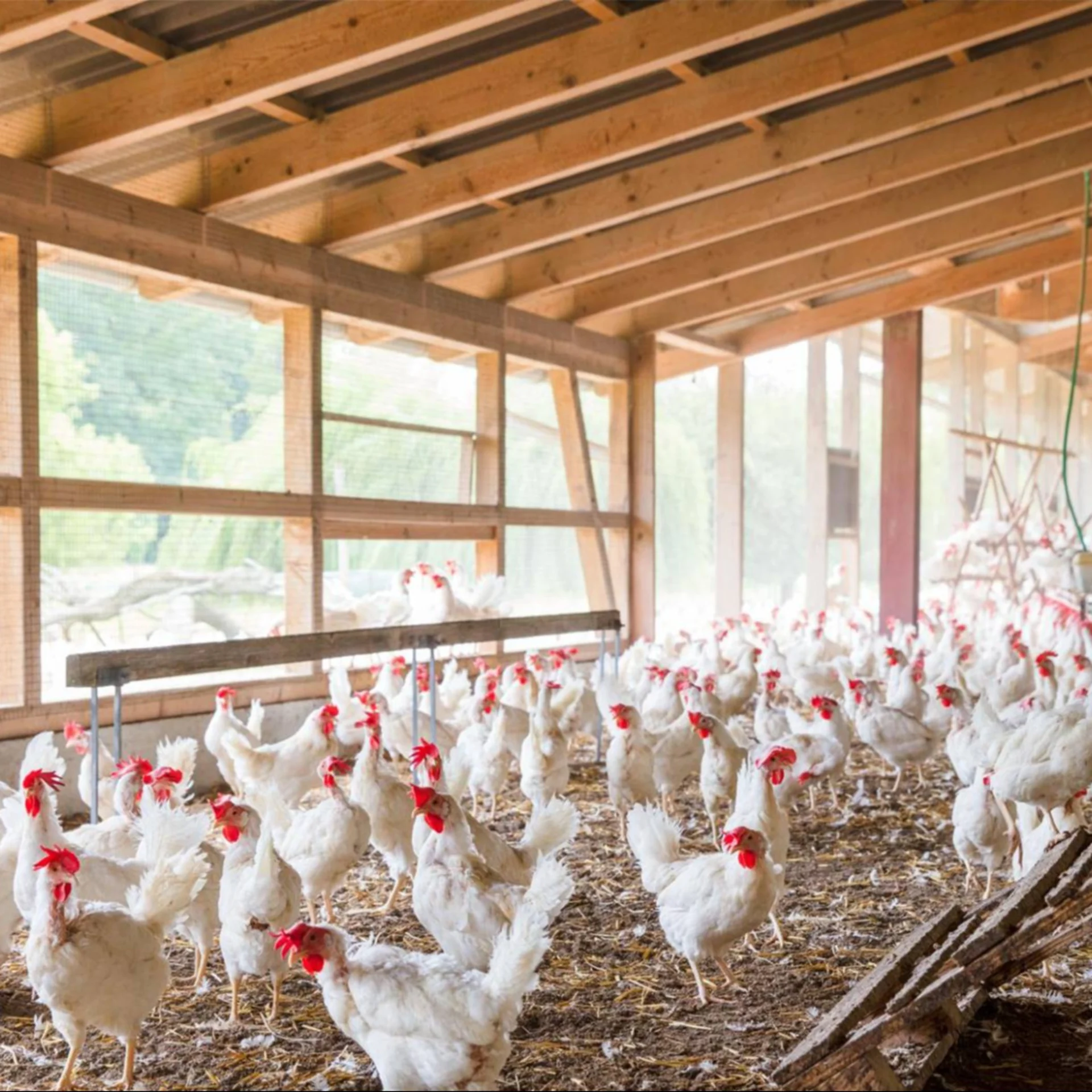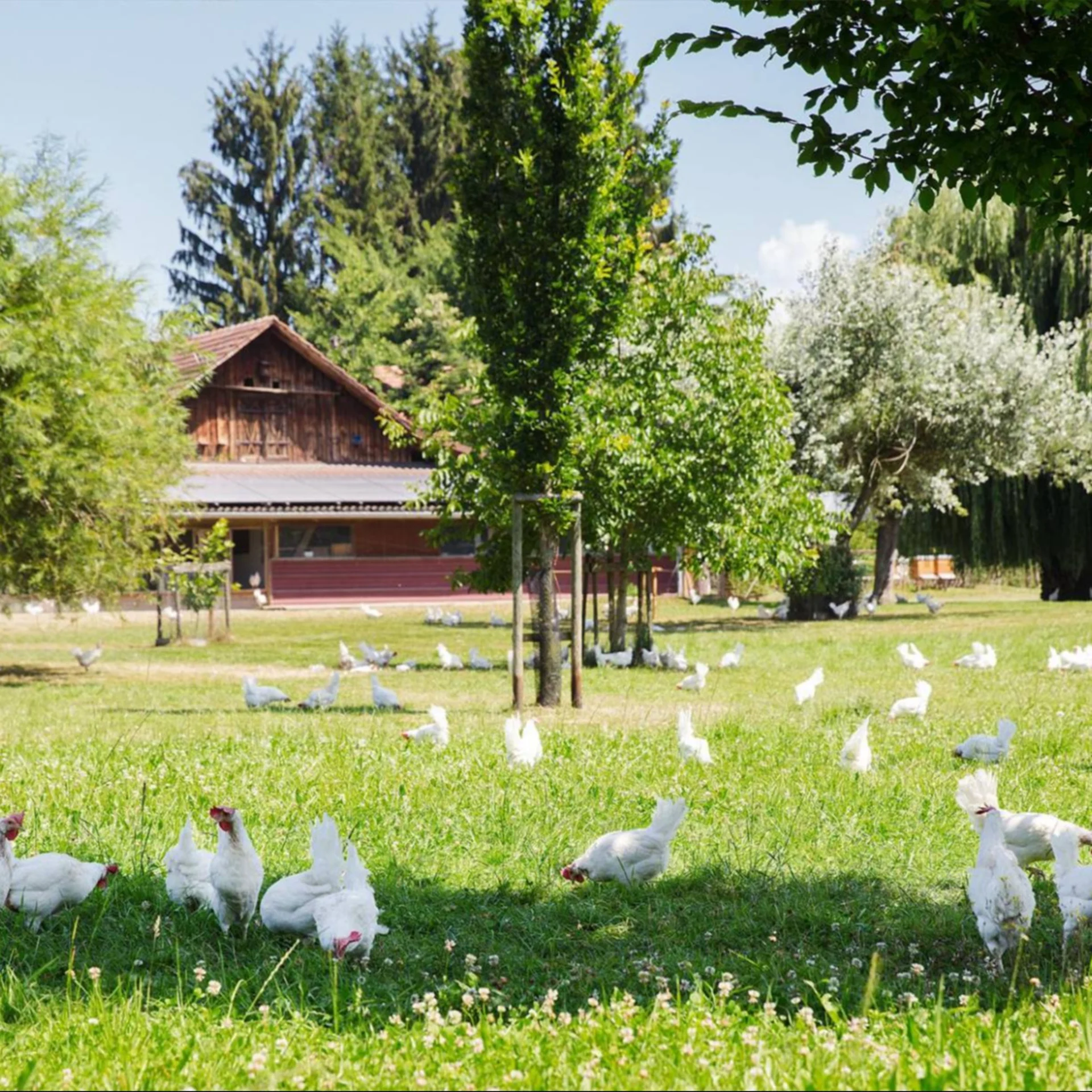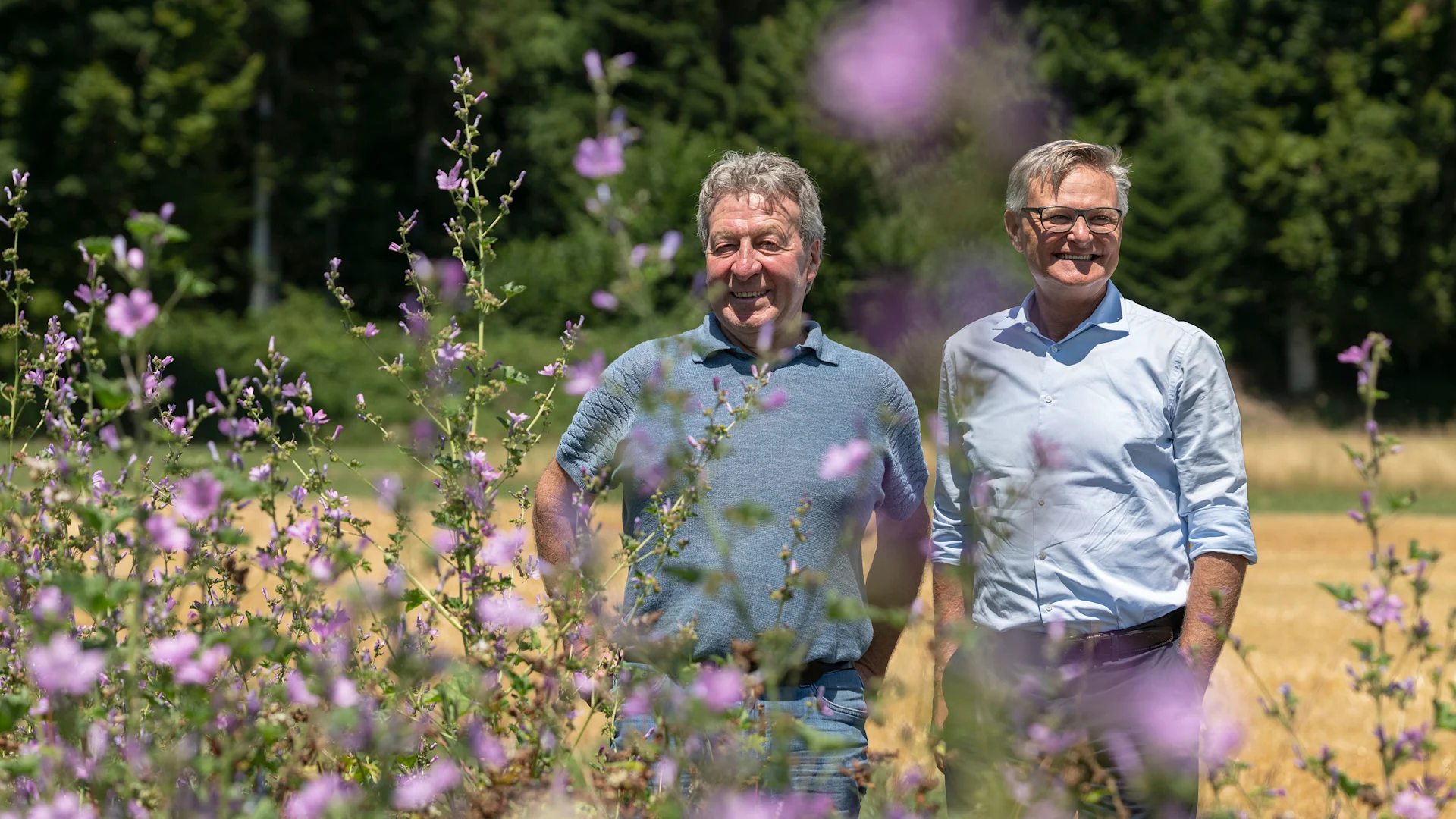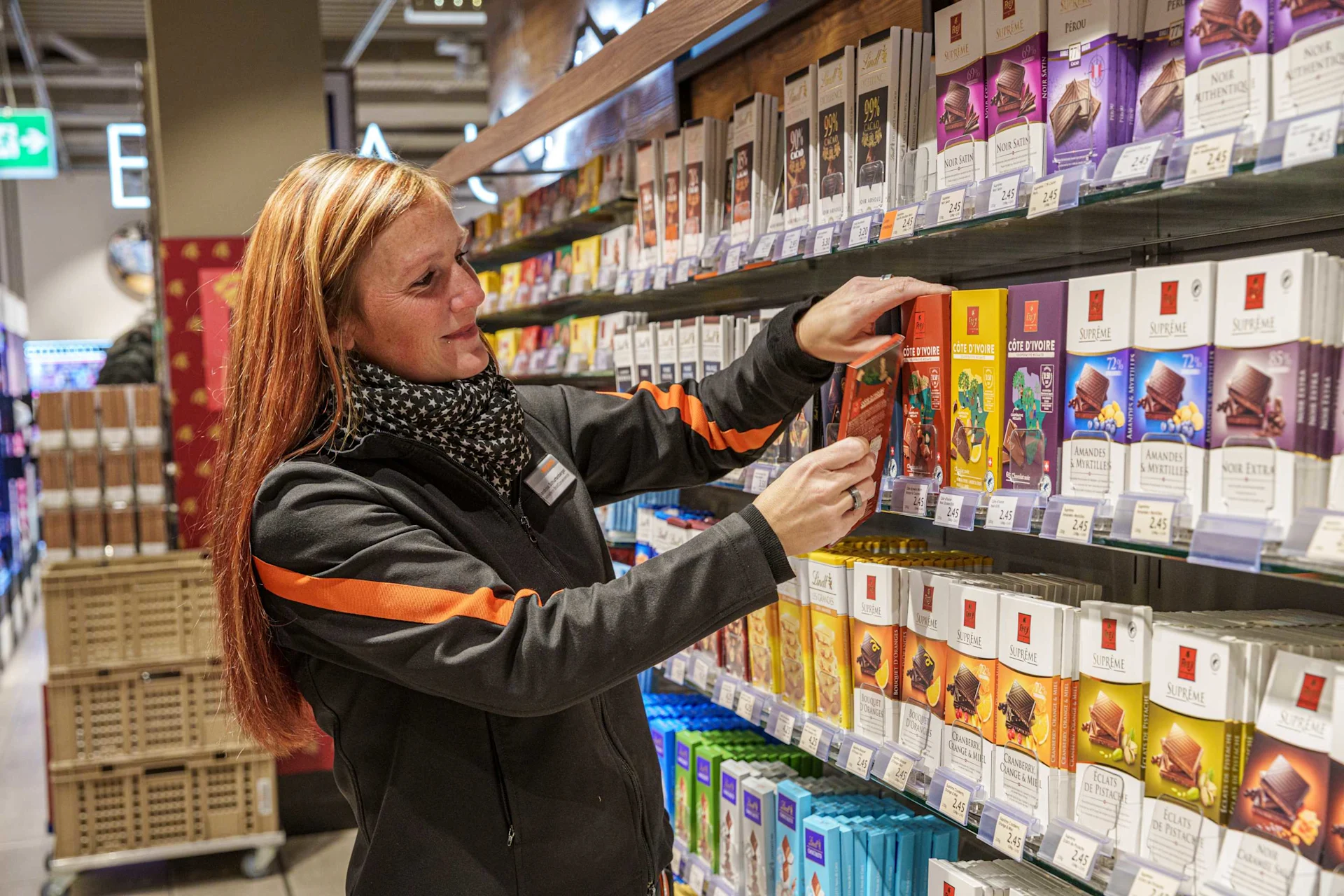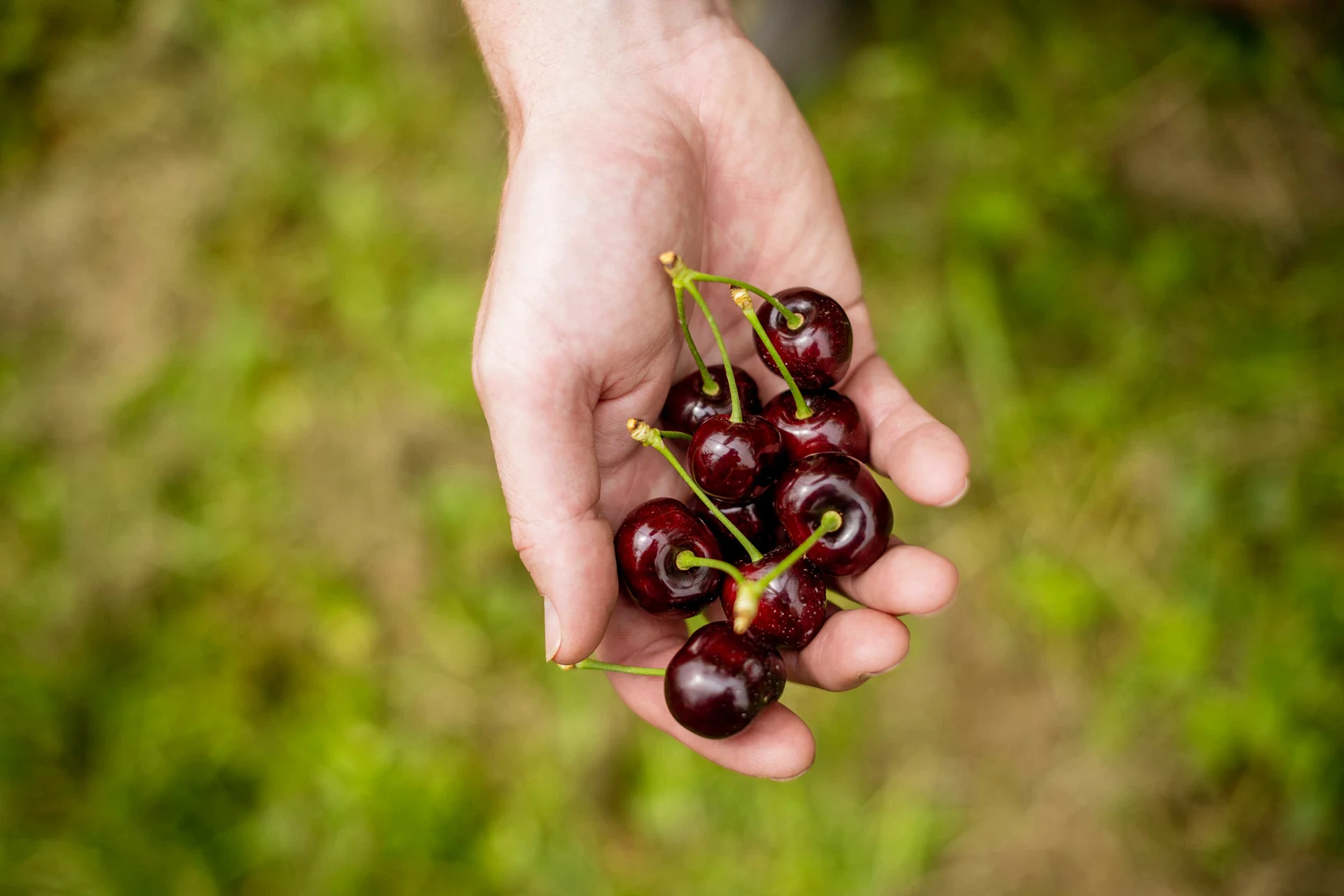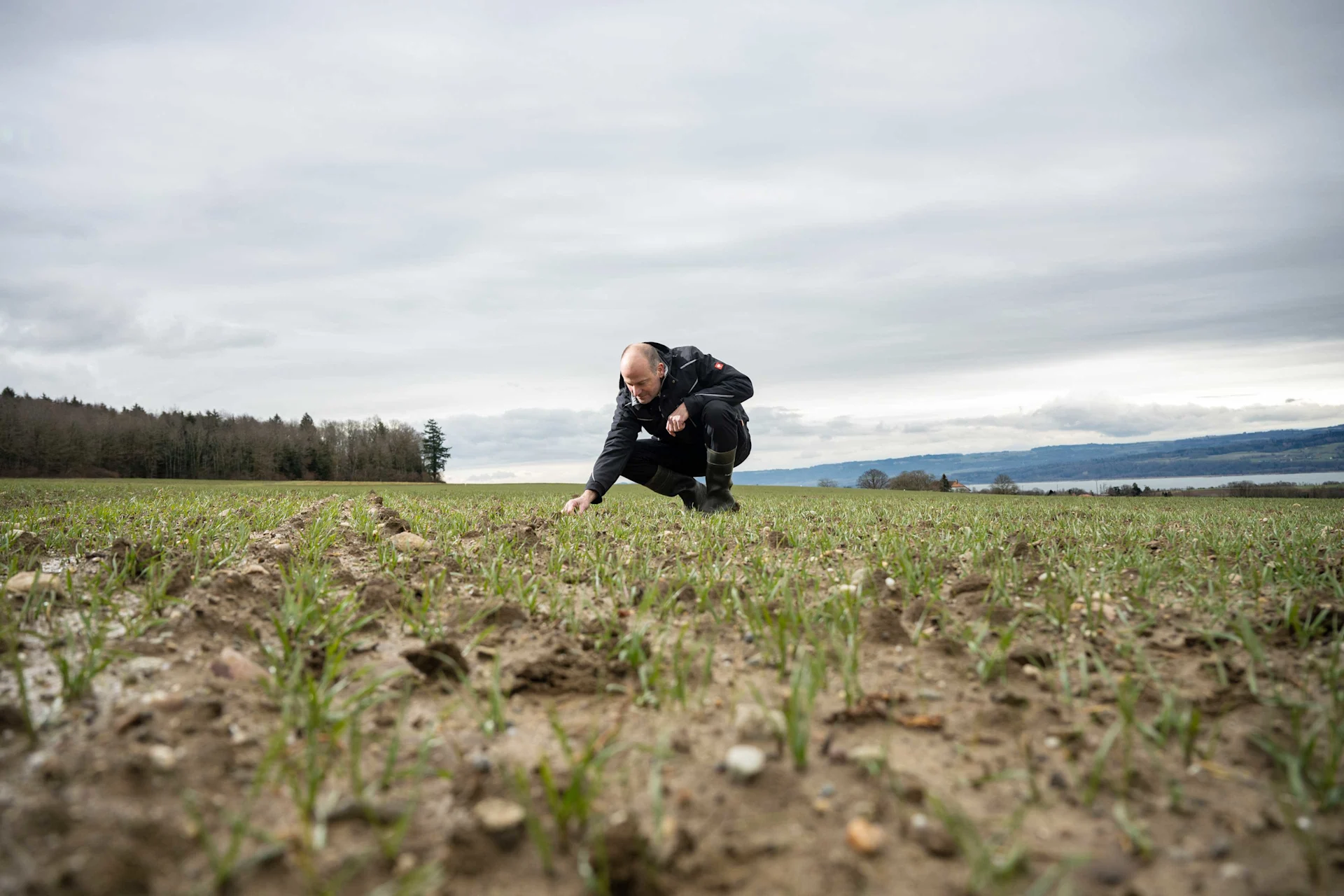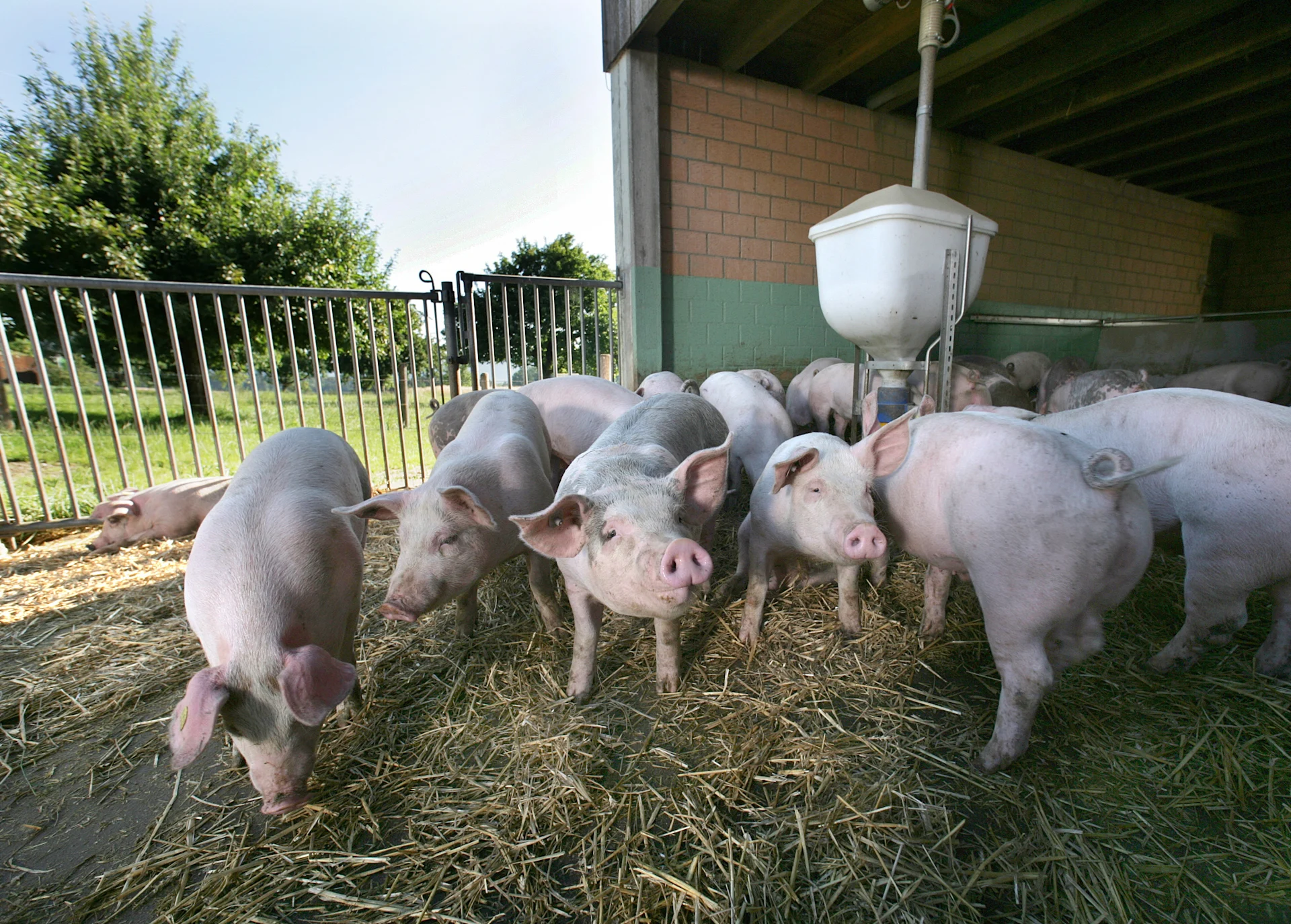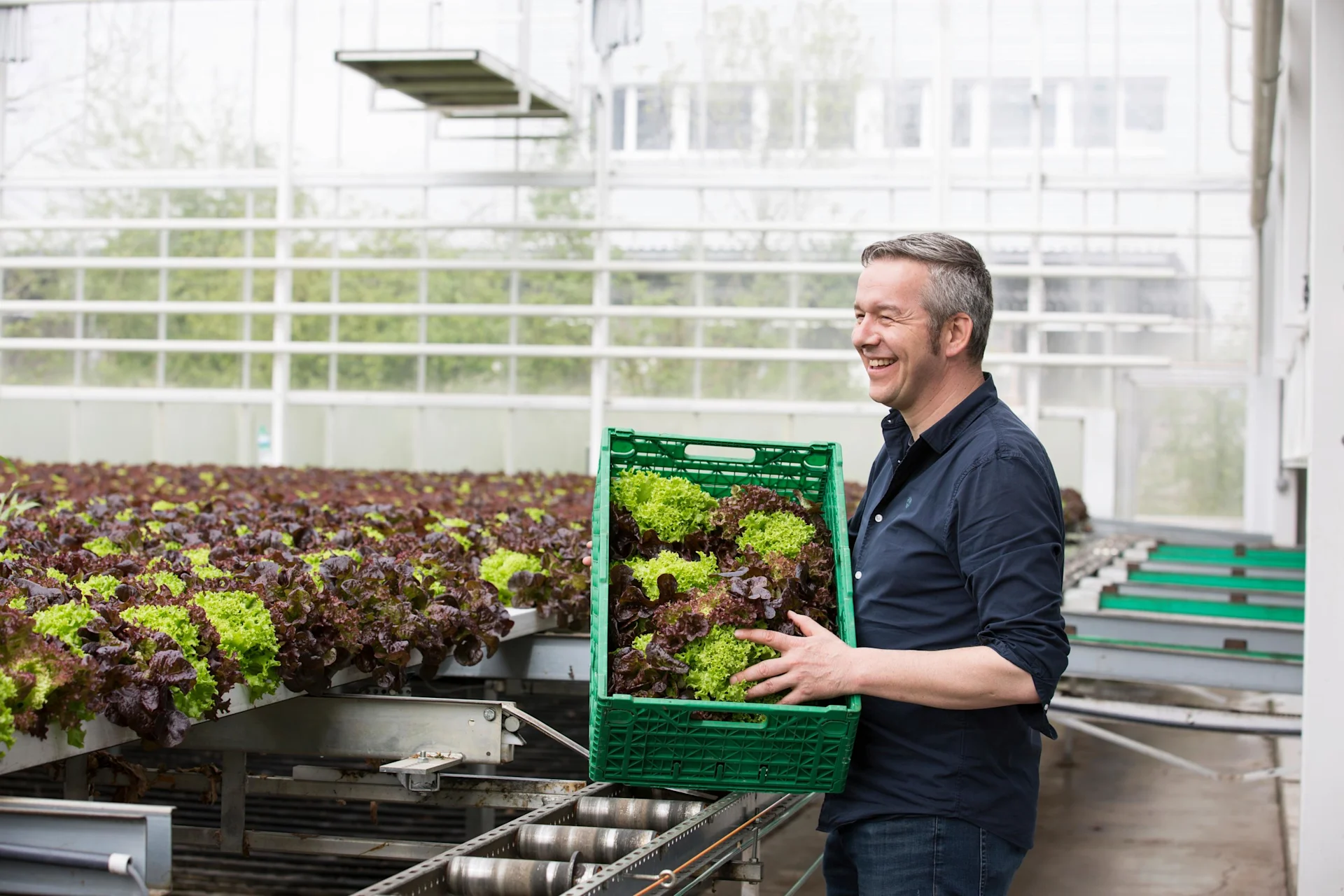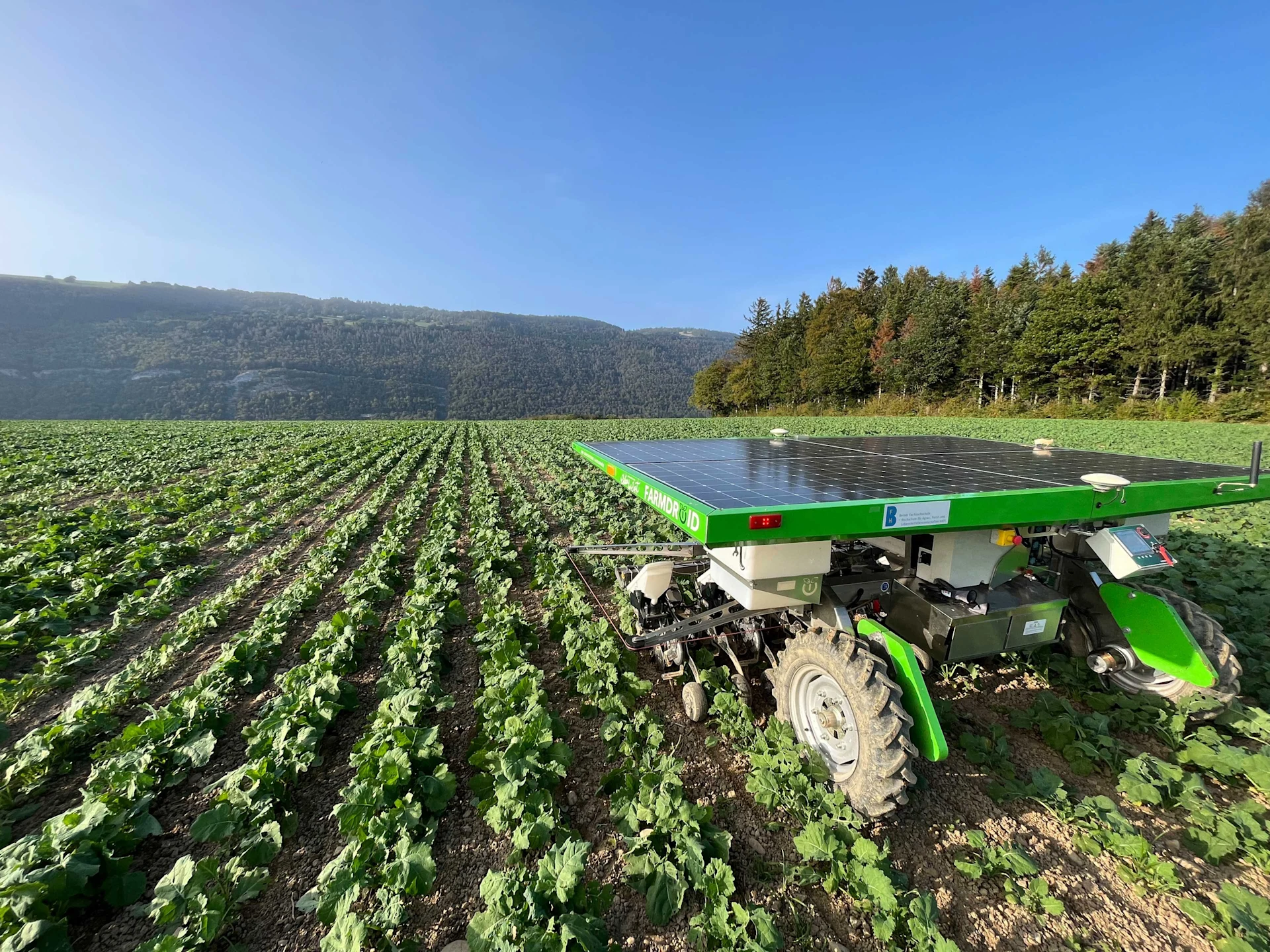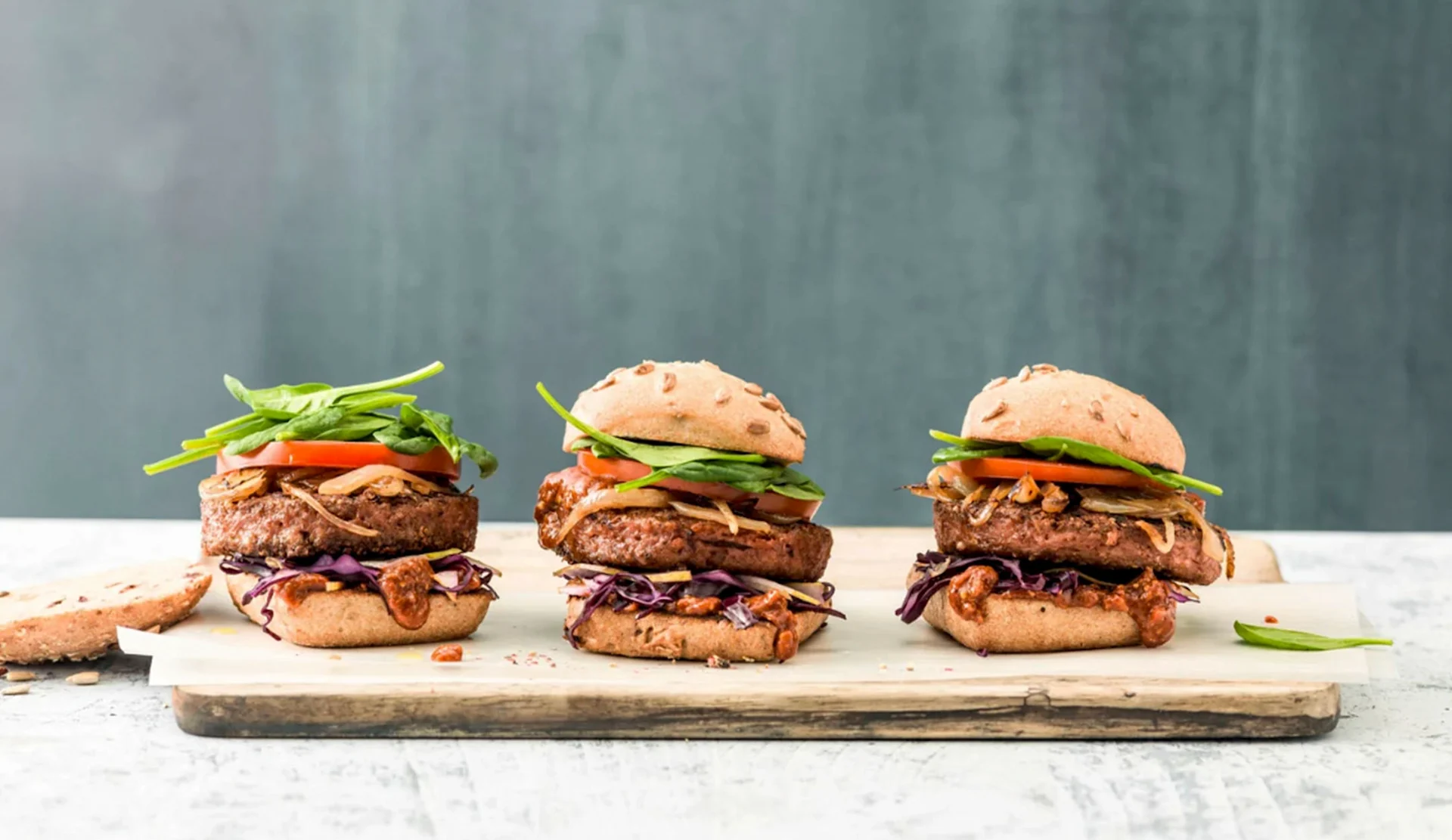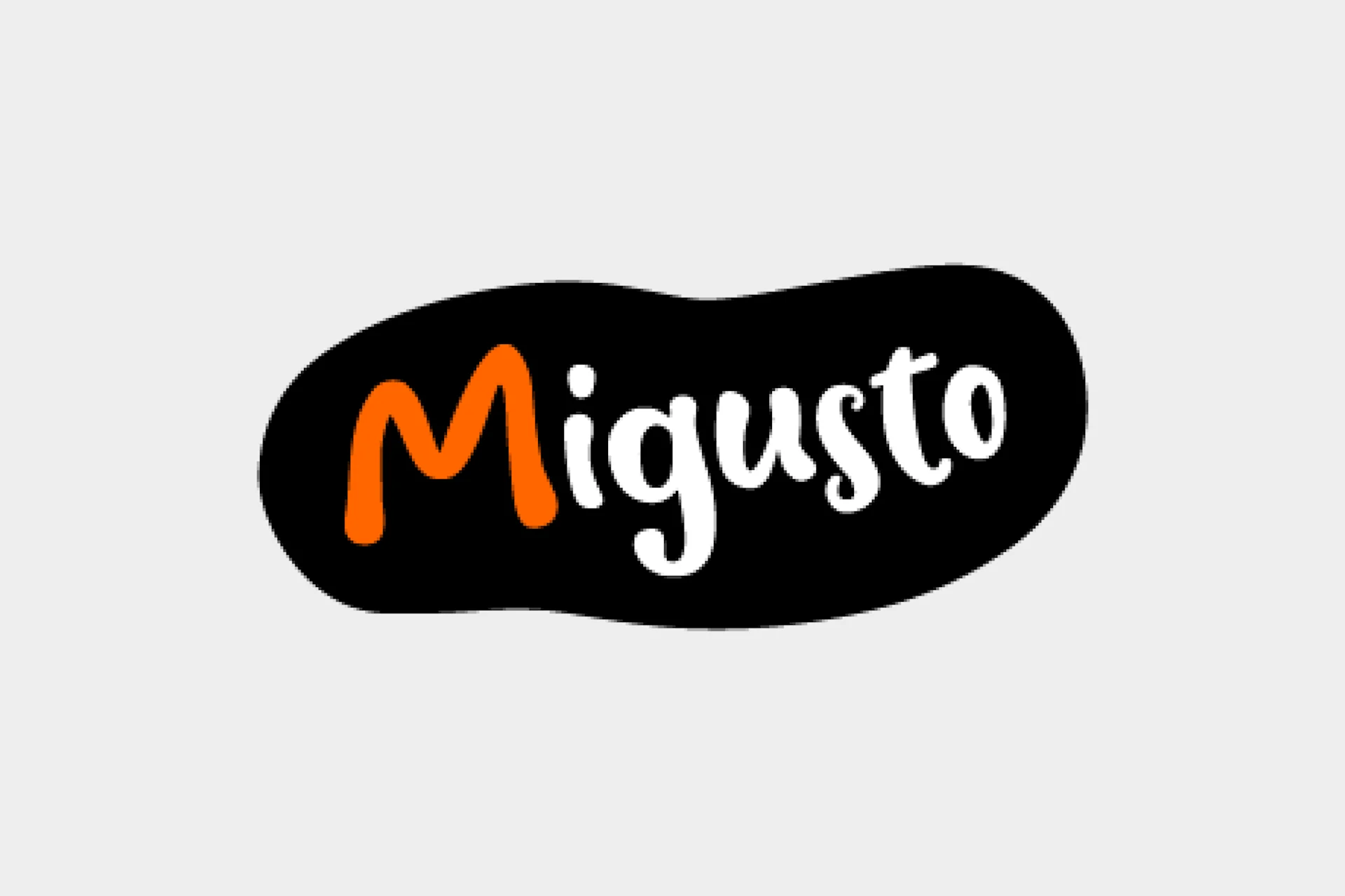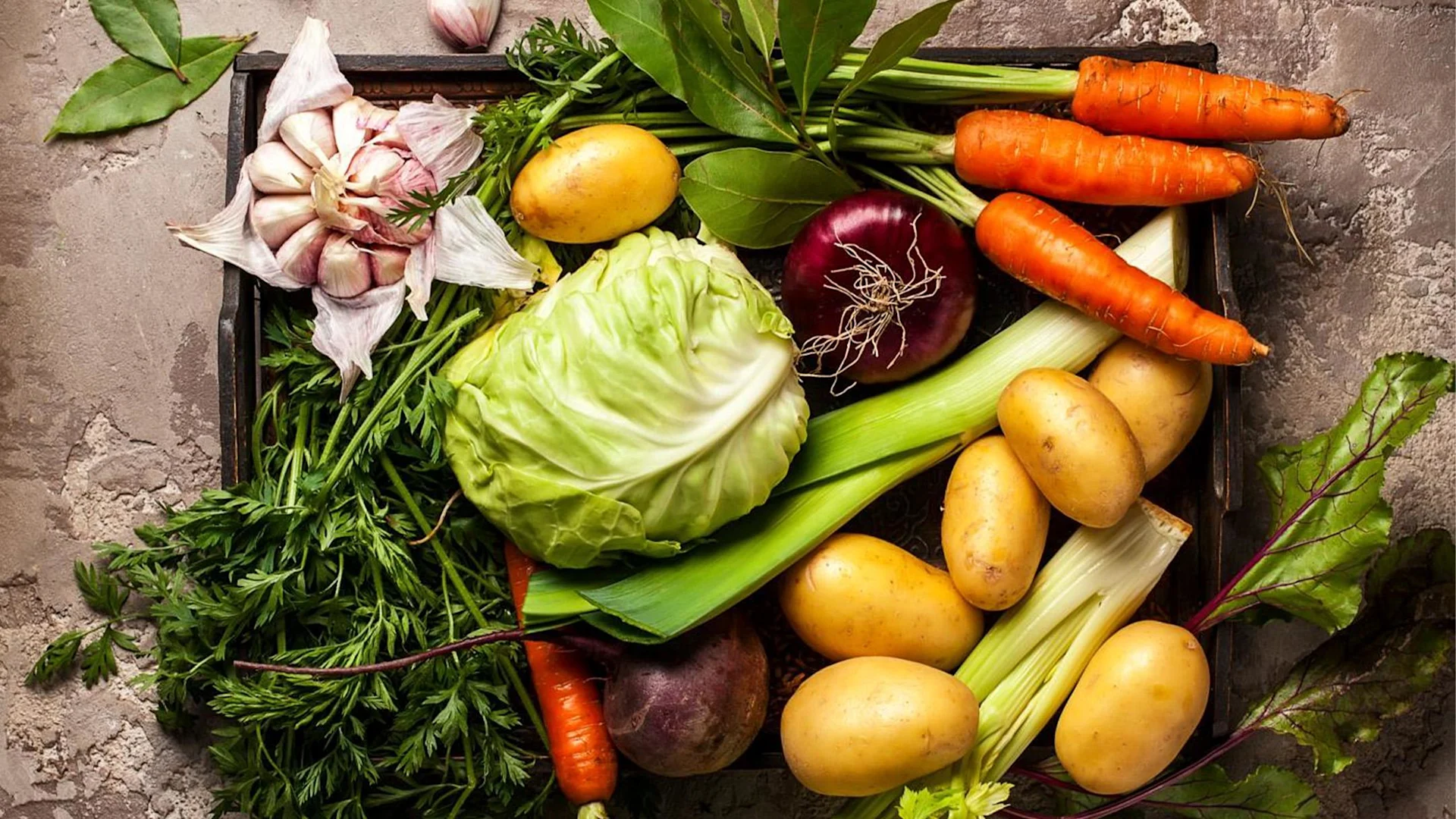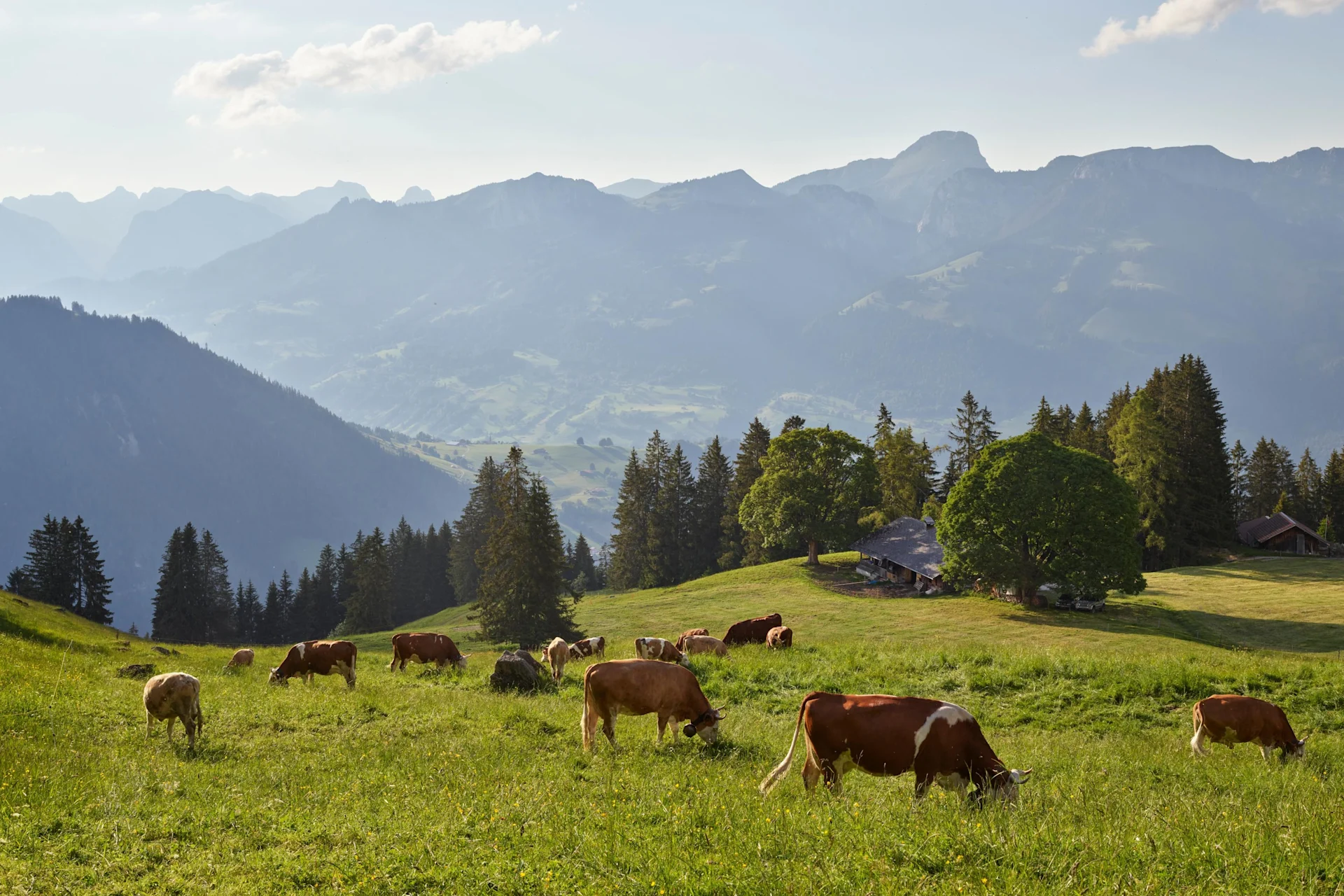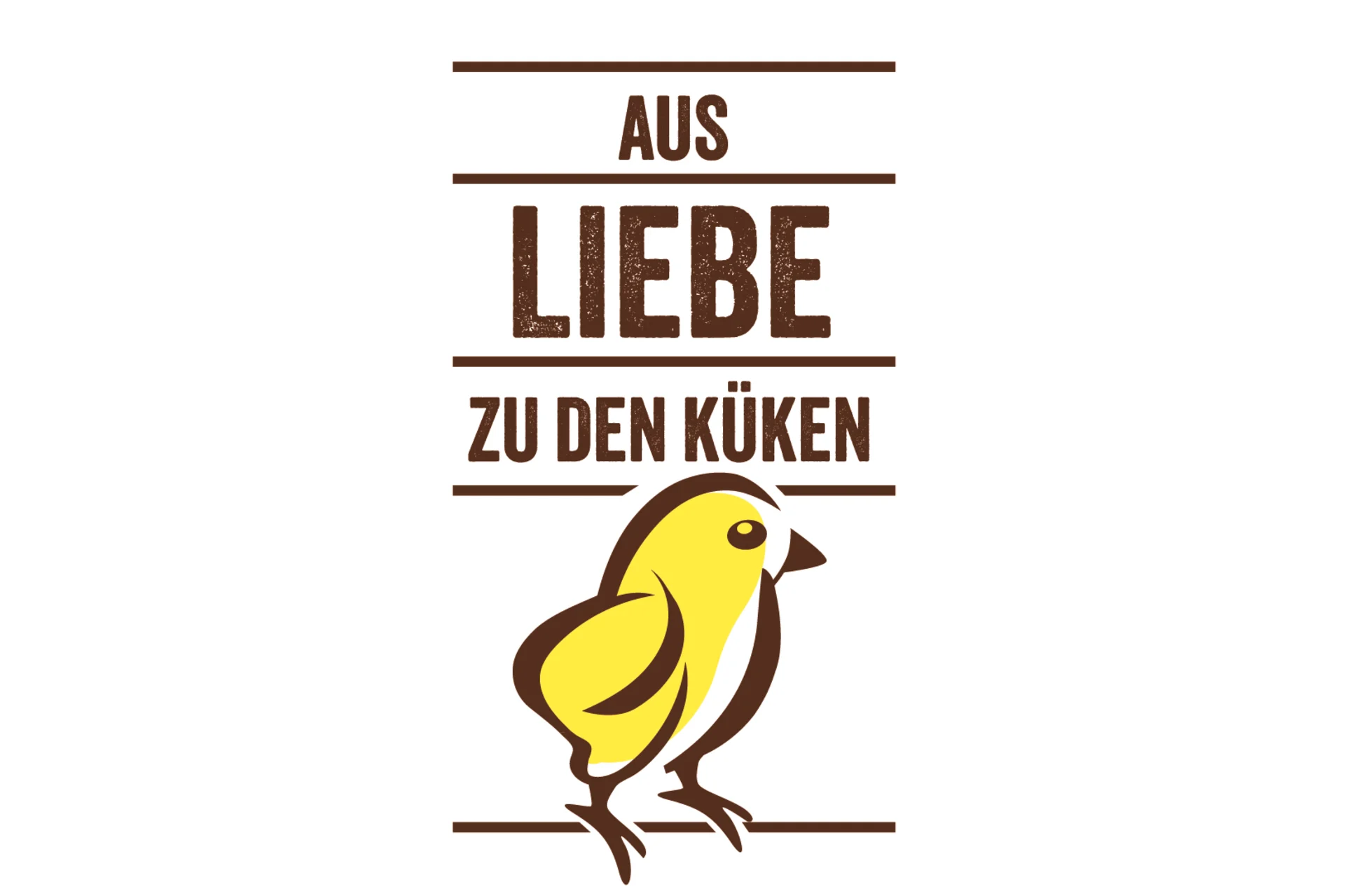
The yolk of the egg
Eggs from healthy chickens
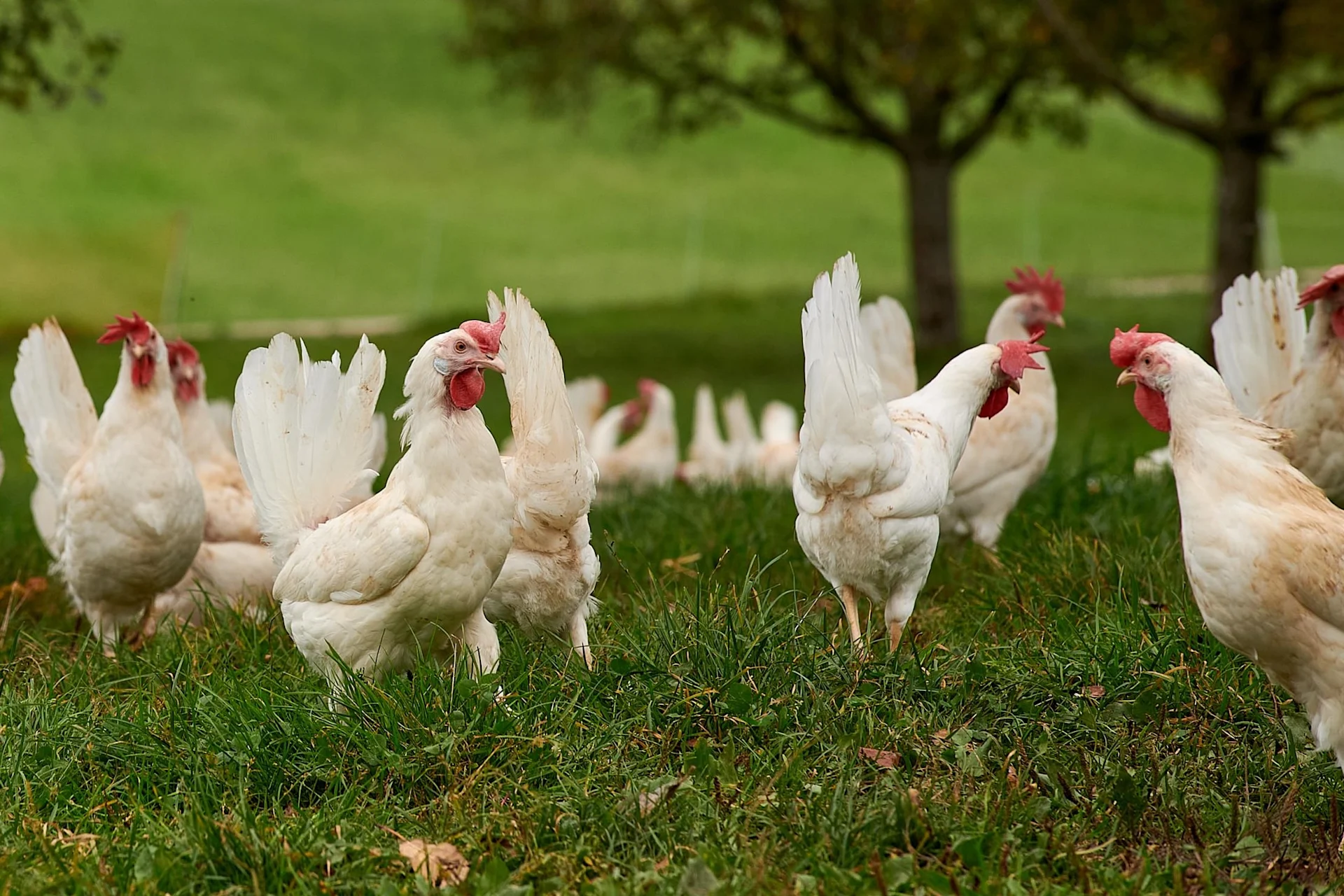
Healthy chickens, satisfied customers. We make our contribution to greater animal welfare by placing high demands on our suppliers. With labels such as IP-SUISSE, Bio Suisse and Demeter, we illustrate our high standards and make it easy for you to support animal welfare through your purchases.
What we do
For chickens and their chicks to remain healthy, high standards are required with regard to husbandry, environment and nutrition. We are committed to the respectful treatment of chickens and chicks. Animal welfare is important to us and we are devoted to maintaining the highest possible animal welfare standards. These are our key measures:
Only Swiss free-range eggs in line with the IP-Suisse standard
All Swiss shell eggs have been produced according to the IP-Suisse standard since 2022. These eggs come from particularly animal- and climate-friendly production. This means, among other things, that the hens can go out to pasture every day and have sufficient shade and protection from birds of prey.We are committed to egg production without killing chicks
We were the first Swiss retailer to introduce Respeggt eggs to our range back in December 2020. In future, all chicks will be reared and not killed in organic and Demeter eggs as well. More about respectful egg production.
A look into the henhouse
Inside and outside, every chicken can move freely and has space to rest, flutter, peck and scratch.
What we are currently doing
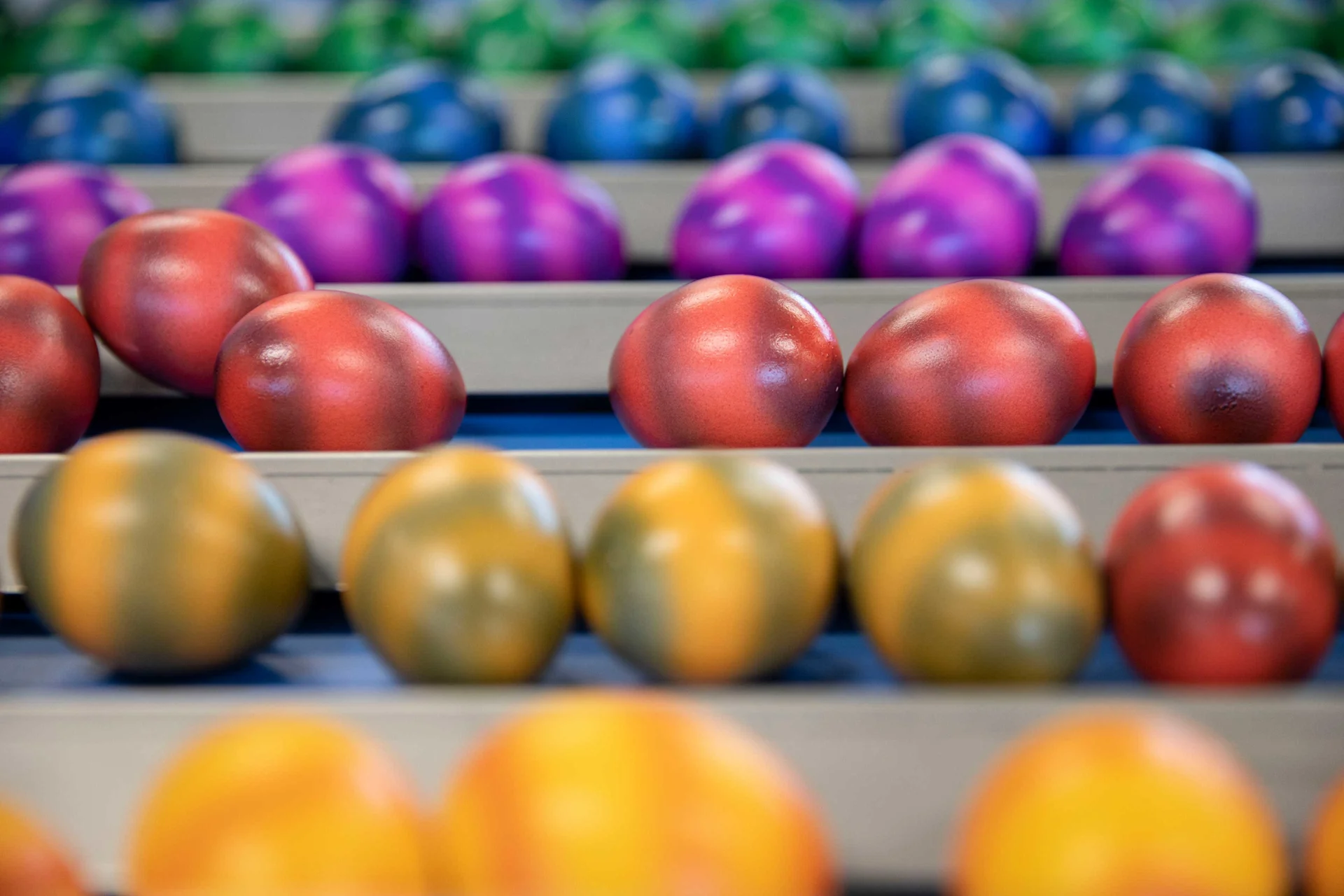
Supermarket
Egg shortage: why is there a bottleneck?
Demand for eggs in Switzerland has increased significantly. How Migros is responding.
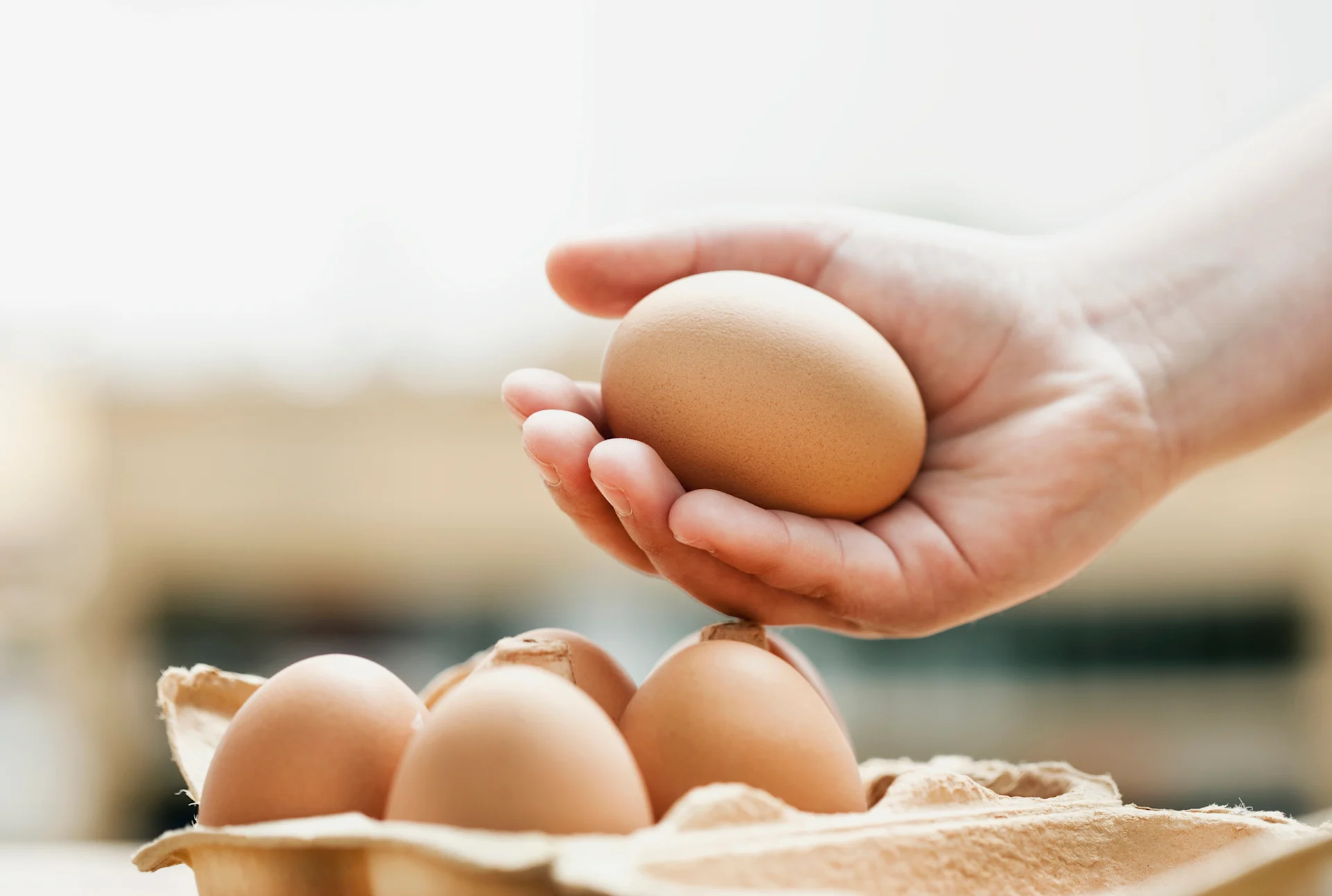
Animal welfare
More respect in egg production
Migros is actively taking action against the widespread killing of chicks.
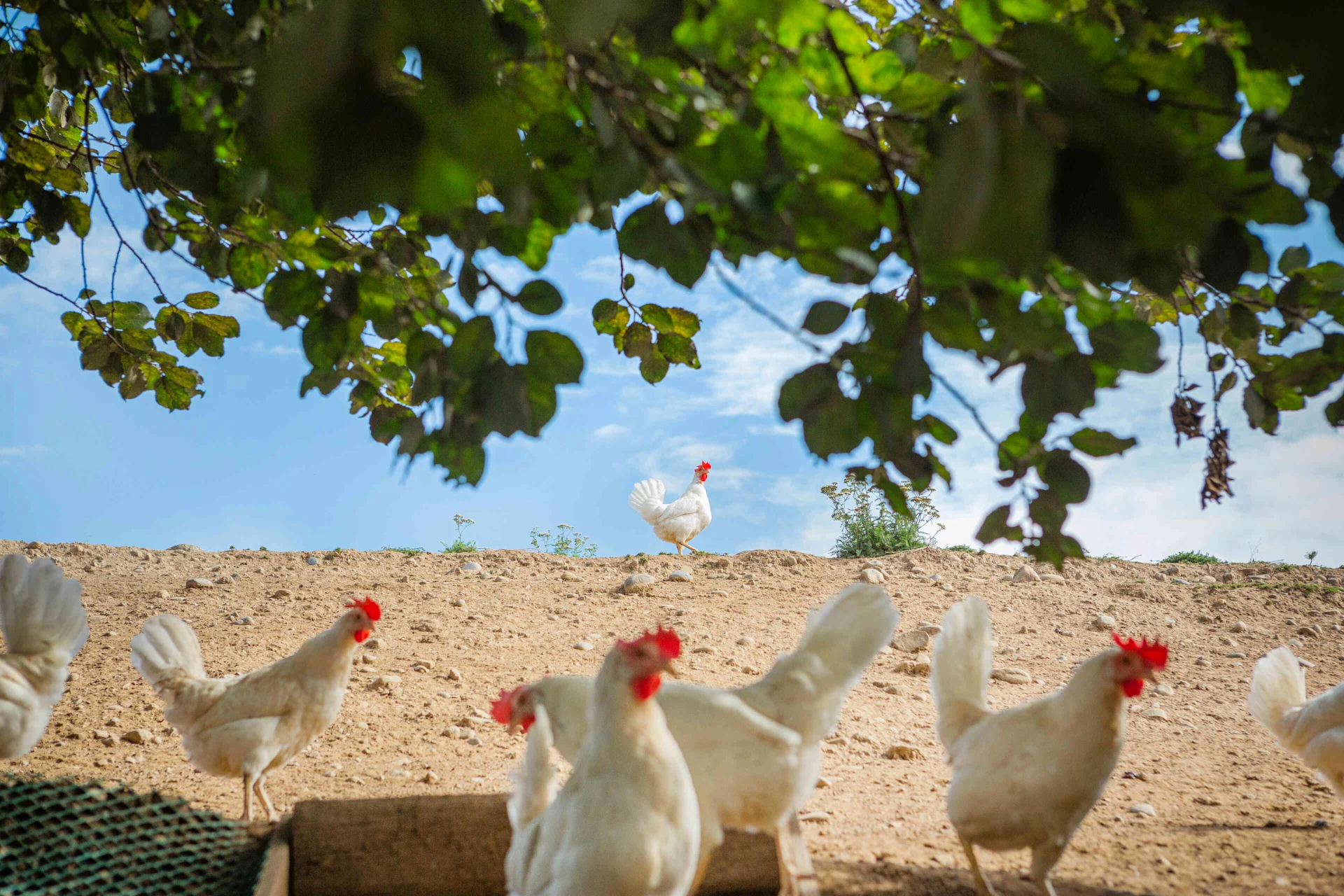
Animal welfare
Migros and the happy hens
At Migros, Swiss eggs come from animal-friendly production. The IP-Suisse label guarantees this.
Labels in our product range
If you want to shop conscientiously, you will find a wide range of suitable products here. Sustainable labels and brands help you make the right choice when shopping – just take a look at the product. We have different eggs in our range. We’ll explain what you should look out for when buying eggs below. All labels cover a selection of sustainability topics.
IP-Suisse
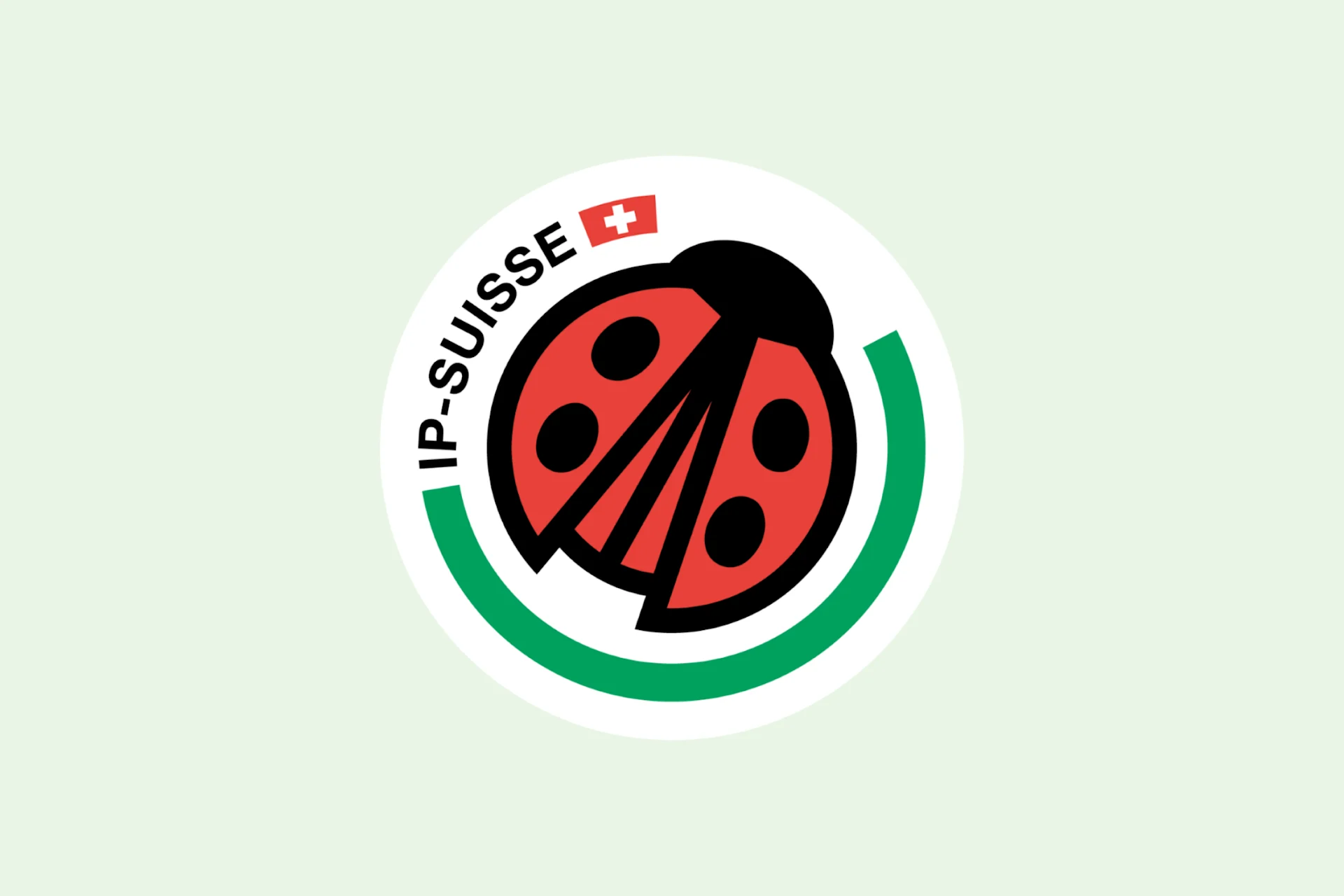
Laying hens can go out to pasture every day and have at least 2.5 square metres of pasture per hen, as well as sufficient shade and protection from birds of prey. IP-Suisse producers must plant shade-providing bushes and trees. In addition, the hens have access to a winter garden in bad weather. IP-Suisse-certified farms must also make a contribution to biodiversity: for example, they can promote species diversity by building stone mounds for small creatures and insects to find a new home.
Bio-Suisse
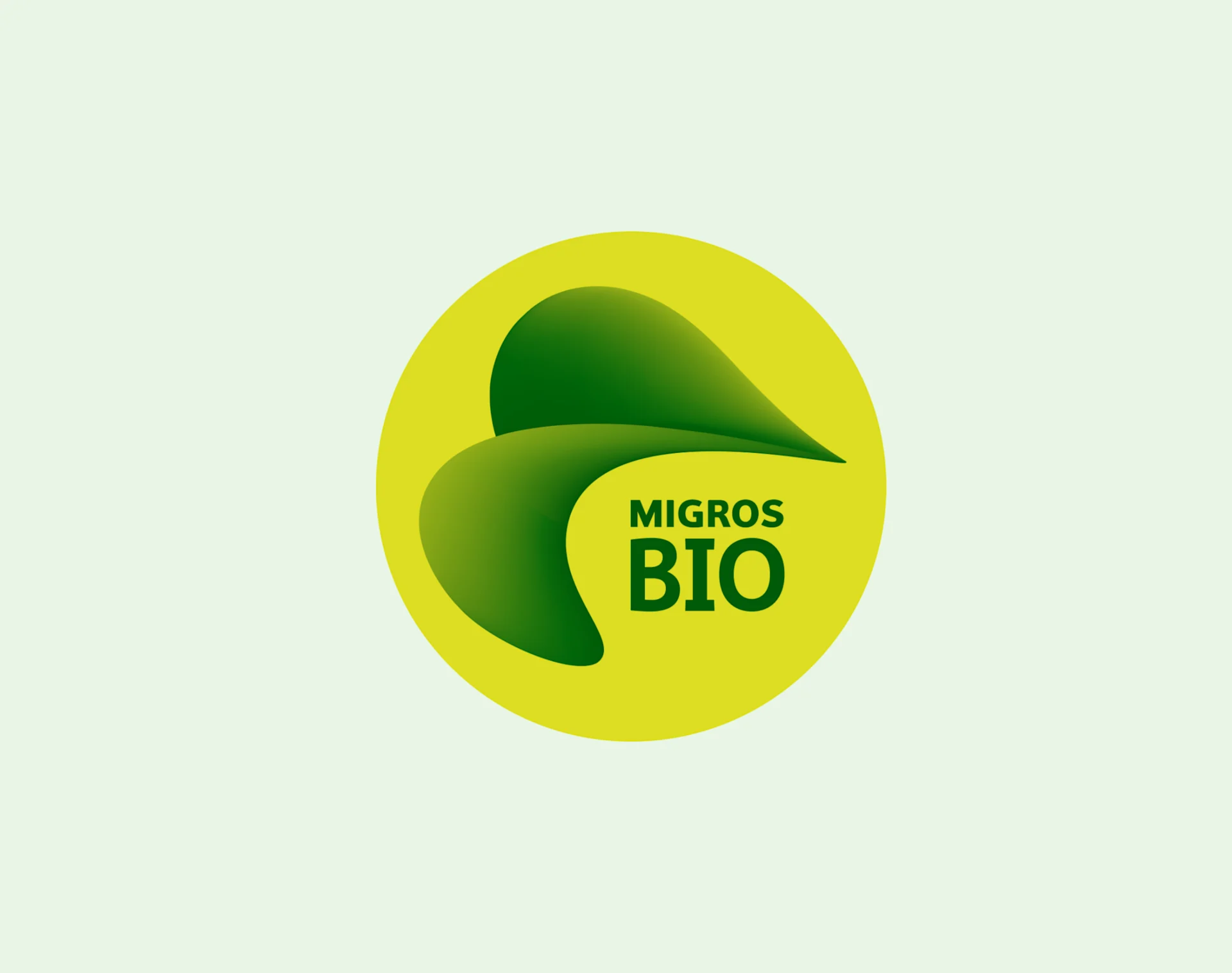
The animals on Bud farms are kept in a particularly species-appropriate manner and spend a lot of time outside, including the chickens. A maximum of 2,000 laying hens live in one coop on a Bud farm. The animals can move freely in the spacious facilities. Regular access to pasture and balanced organic feed ensure healthy Bud eggs. Each hen has at least five square metres of pasture to enjoy. Rare plants and animals find new habitats in hedges, brush piles and flower meadows. In addition to the poultry, creatures such as butterflies, slow worms and goldfinches can also be found on a Bud farm.
Demeter
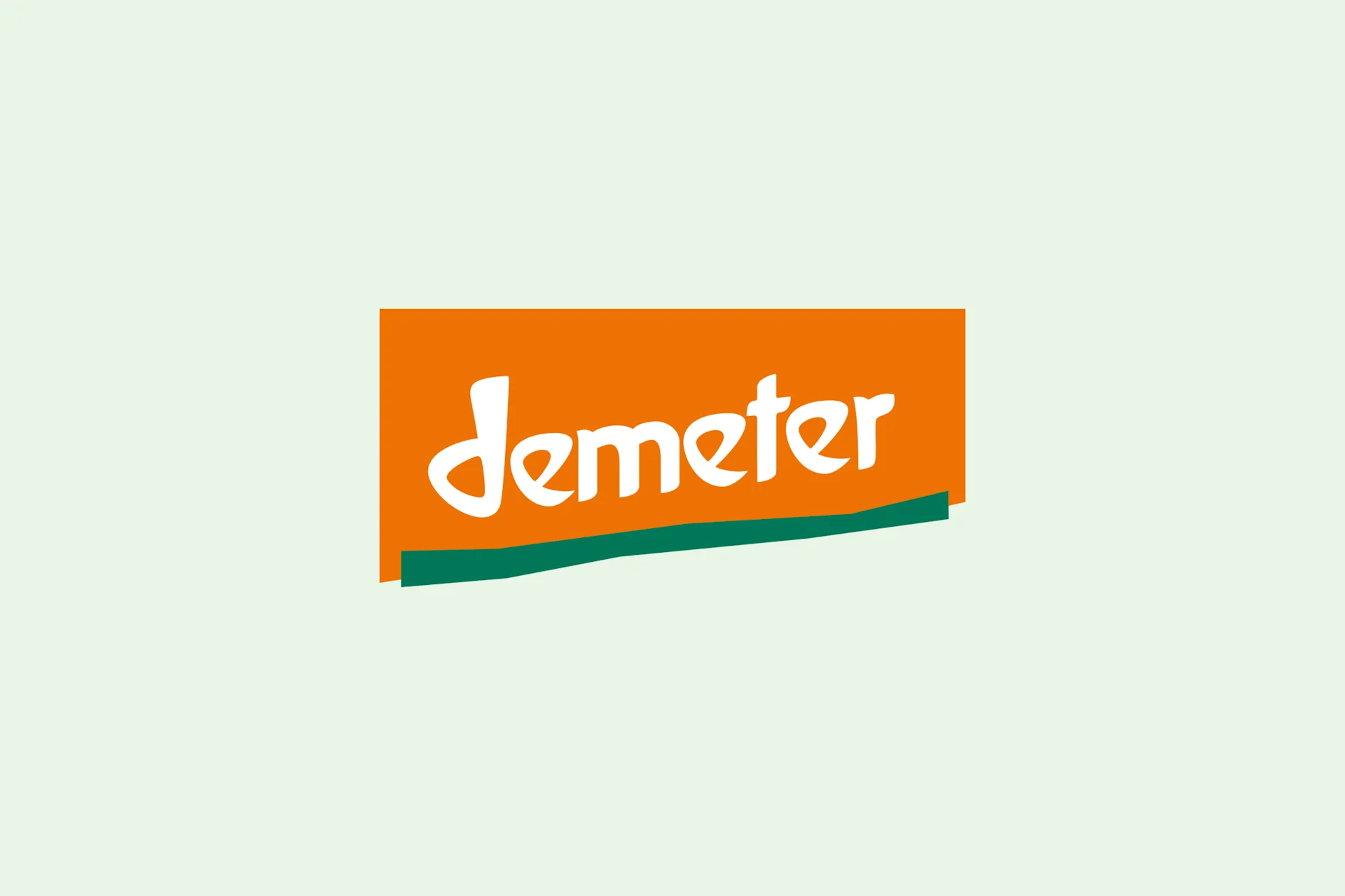
In the case of Demeter eggs, the hens receive 100% organic feed, at least 20% of which is produced by the farm itself; as of 2025, this will rise to at least 50%. Male chicks are not killed, but are reared in biodynamic conditions. Demeter eggs are from hens that live exclusively in free-range husbandry, in manageable flock sizes. Each hen has its own perch in the coop with daylight. This, together with their ability to run around outside while remaining protected against predators, heat, rain and wind, ensures the hens are under less stress. It is ensured that they are kept in a manner appropriate to their nature.
Respeggt
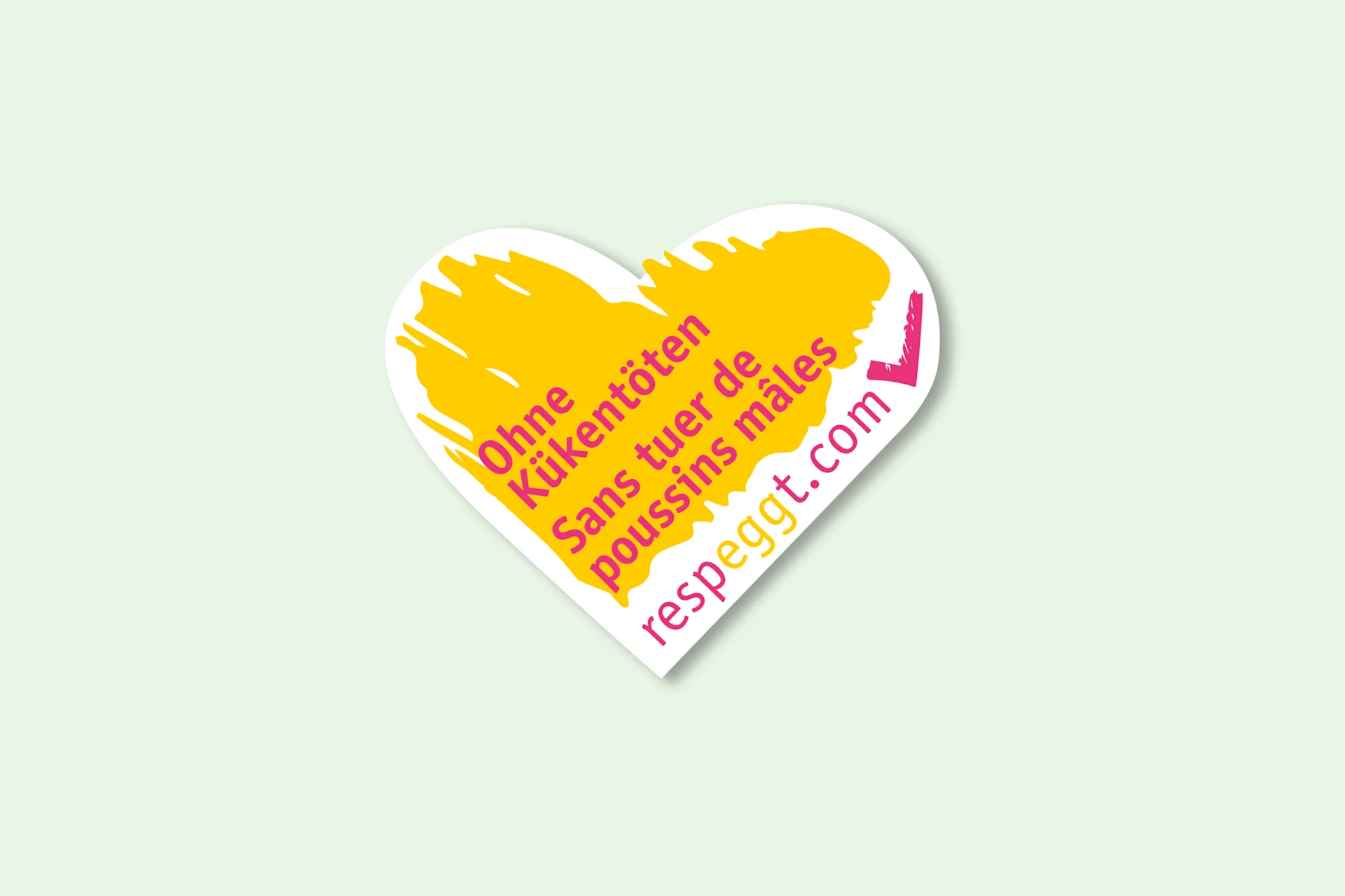
Sex determination in the egg. An ethical alternative to conventional egg production is the Seleggt method, in which a hormone analysis determines the sex of the animal in the egg: a drop of liquid is extracted from the egg, allowing male and female hatching eggs to be distinguished. Only the females are ultimately hatched while 95% of the males are identified and excluded from hatching.
Eggs in the M-Check
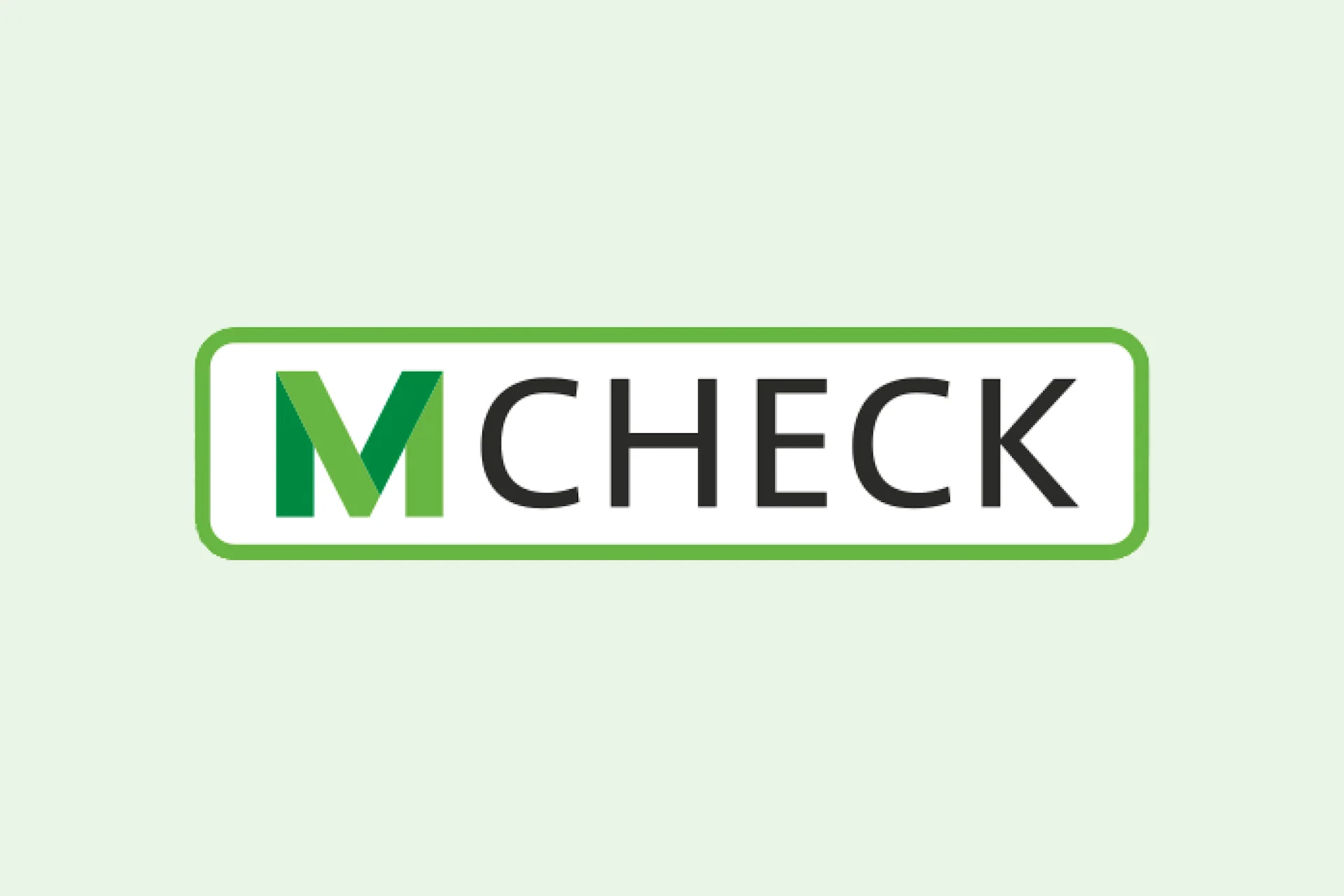
With the M-Check, we declare transparently how the product performs in comparison to other products. The more stars it has, the more sustainable it is.
From the coop to our shelves
Acting sustainably together
You can find out more about our commitment to a wide range of sustainable products in the stories.

